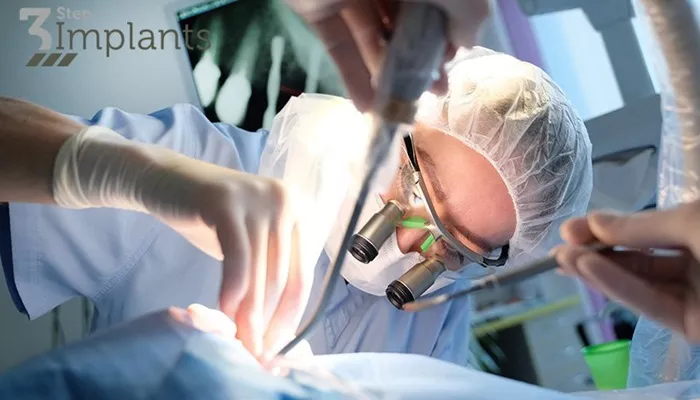Dental implants have transformed the replacement of missing teeth, offering durable and natural-looking solutions. Recent advancements in technology have made implants more comfortable and appealing than ever. This article highlights the latest developments in dental implant technology.
Digital Dentistry And Guided Surgery
Digital technology plays a crucial role in enhancing dental implant procedures. Key innovations include:
Cone Beam Computed Tomography (CBCT): CBCT scans produce high-resolution 3D images of the jaw and surrounding areas. This allows dentists to evaluate bone density and nerve pathways accurately, improving implant placement.
Guided Surgery: Utilizing CBCT scans and specialized software, dentists can create 3D surgical guides that ensure precise and minimally invasive implant placement.
Single-Stage Implants
Traditionally, implant procedures required two stages: placement of the implant followed by restoration after a healing period. Now, advancements enable simultaneous placement of implants and restorations, reducing treatment time and discomfort for patients with good bone quality.
Mini Implants
Mini implants are smaller than traditional implants, making them ideal for patients with limited bone density or those seeking less invasive options. They can support dentures or replace single or multiple teeth.
All-in-4 Implants
For those with multiple missing teeth, all-in-4 implants provide full-arch restoration in just one day. This technique involves placing four strategically located implants to support a complete denture, offering a cost-effective solution for extensive dental rehabilitation.
3D Printed Implants
3D printing technology allows for custom implants that fit each patient’s anatomy. This approach improves the accuracy of implant placement and reduces the risk of complications.
Bone Grafting Alternatives
When bone density is insufficient, traditional bone grafts may be necessary. However, new alternatives, such as synthetic materials and platelet-rich plasma (PRP), can reduce the need for invasive grafting procedures and speed up recovery.
Improved Implant Materials
While titanium remains the most common material for implants due to its durability, zirconia is gaining traction for its aesthetic benefits and lower risk of allergic reactions.
Teeth-in-a-Day
The “teeth-in-a-day” approach allows patients to receive a full set of teeth immediately after implant placement. This option can be transformative, although it may not be suitable for everyone.
Advanced Sedation and Anesthesia
To enhance patient comfort, dentists are adopting advanced sedation and anesthesia techniques. Options like conscious sedation and general anesthesia help patients feel relaxed during procedures.
Implant Maintenance And Care
Maintaining dental implants requires regular dental visits and good oral hygiene. Patients should avoid habits like smoking and excessive alcohol consumption. Dentists can provide personalized maintenance services to ensure the longevity of implants.
Conclusion
With advancements in digital dentistry, implant materials, and surgical techniques, dental implants have become a reliable solution for those missing teeth. As innovations continue, the future of dental implants promises even more patient-friendly options.
Related topics:

